‘Forgotten about’: Businesses ‘smashed’ by impact of Omicron
She thought the worst of the pandemic was over, but for this business owner and thousands like her, it’s never been tougher. And there’s no end in sight.

Small business owners across Australia are being “smashed financially” in what should be one of the busiest times for many as the Omicron variant wreaks havoc, with many describing it as the “worst time” through the whole pandemic.
Restaurant owners have already revealed that the surge in Covid cases across the country is costing losses of up to $100,000 a week and going into lockdown would have actually been better for them.
But it’s not just the hospitality industry that is suffering. Everything from gyms to beauty salons to trucking businesses are struggling amid brutal staff shortages and a drop in consumer confidence, with customers staying away.
Renee Wilson has owned a trucking repair business with her husband for the past 30 years. She said they were fortunate to be able to continue operating during Sydney’s lockdowns as they offer an essential service repairing the curtains which slide open and shut on the sides of semi-trailers.
But as Omicron ripped through Sydney, it saw all but three of their 15 staff knocked out of action after being infected in January, almost bringing the business to a standstill and costing them up to $50,000 a week.
“It will hit us in 30 to 60 days as we rely on the money made then to pay rent, taxes, super and insurance,” she told news.com.au.
“Everyone keeps talking about entertainment and restaurants but it’s a big-scale thing. It’s everywhere and even companies that did really well during lockdown and essential workers – this is different – as everyone is getting sick. If I don’t have employees, we can’t do the work and the money is not coming in.”
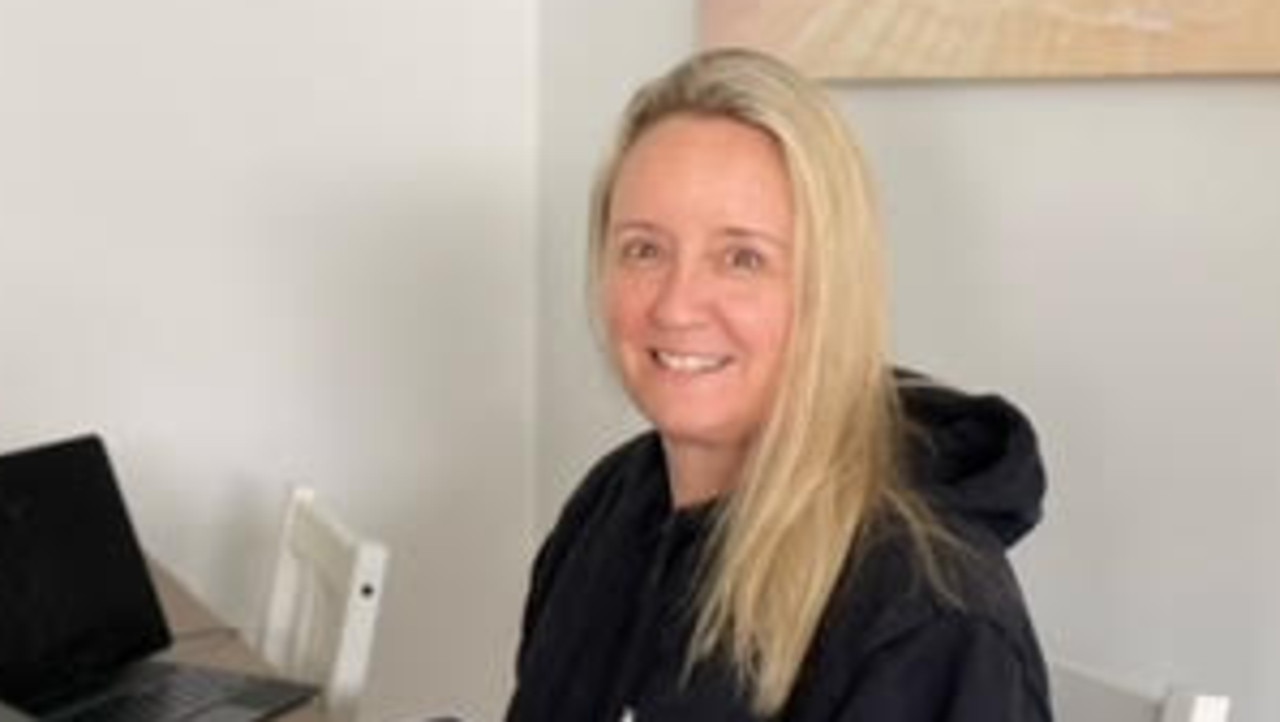
The co-owner of M&G Truck Curtain Repairs said she “can’t see it getting better any time soon” with fears people could become reinfected or be out of action as they isolate as a close contact due to their children potentially getting infected once schools go back.
“As far as Government is concerned, they are only interested in people getting sick and not thinking about all the things that come with that and the longer-term impacts,” she said.
Despite missing a “big chunk of money” this month, Ms Wilson, who is in her 50s, said the company will be OK – but only once they dip into their personal savings to cover costs.
“We just use our own bank which is the personal redraw on our mortgage, but it just snowballs as once you get through all of that, then you’ve got to try and get it back into your bank account,” she said.
“So we need to have extra work as you need to get extra money to pay off that extra debt you’ve got.”
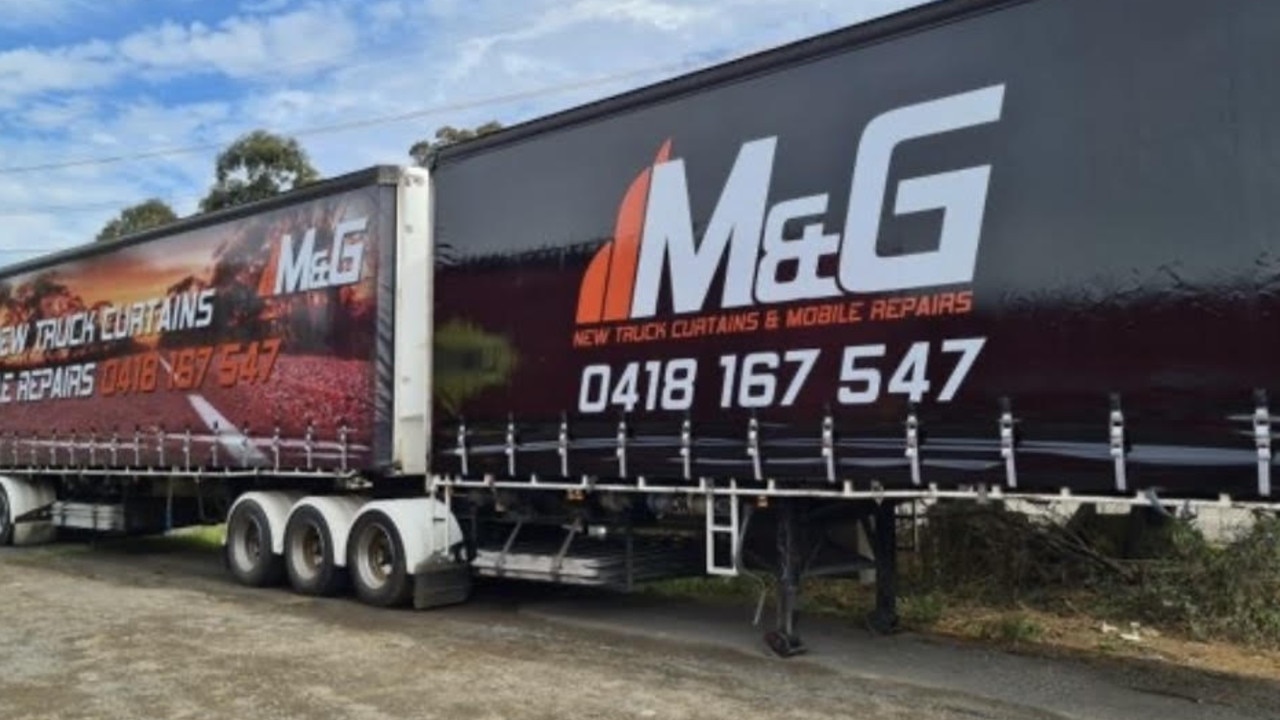
‘People are scared’
Beauty salon owner Sarah Vosper agrees that the current situation is “worse than lockdown” as earnings take a hit and staff shortages bite – but with no government support available.
She runs Sensara Beauty and Skin on the Sunshine Coast. While the pandemic has been hard, she believes right now is the “toughest time” she has experienced since the virus emerged.
“I am very lucky as a have a loyal base of clients but holiday business has been virtually zero and I’m seeing a real tail-off in people not wanting to be in the industry,” she said.
“People in the service industry are scared of being in jobs where they are front-facing as they know they are more susceptible to catching Covid and of their job being affected if there are more lockdowns.
“I think generally, as far as the economical side, people are being much more careful with their spending and its mirroring across every small business, and right now the Government is doing nothing to help.”
She has lost thousands since mid-December, describing the Christmas trade as the worst in seven years when it is meant to be a “bumper” time in the beauty industry, helping to carry them through quieter times.
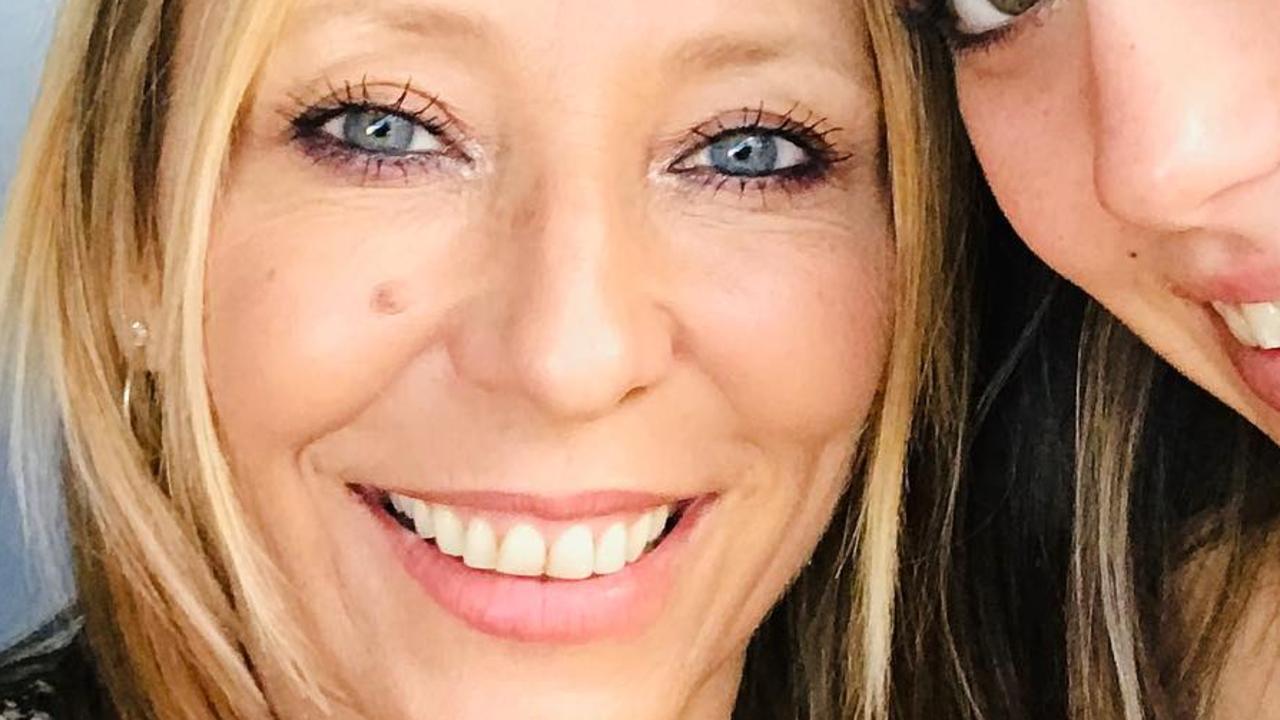
Overall in the past six weeks, business is down by about 40 per cent as last-minute cancellations roll in or people stretch out the time between treatments, she said.
“It’s very unpredictable and I will have a full day booked and within hours that can be cancelled,” she said.
“I’m quite good at running promotions to get people in but I’m having to look further afield and guarantee offers for a longer time so people can still take them up. I use to do offers on a weekly basis. Now it’s on a monthly basis so people can be confident they can do the treatment in time.”
She said she has heard of other salons in the area closing down for a week because the clients just aren’t there, which would usually be “unheard of happening in the summer period”.
The 52-year-old added she is working more than ever in the business, putting in five or six days a week because of staff shortages.
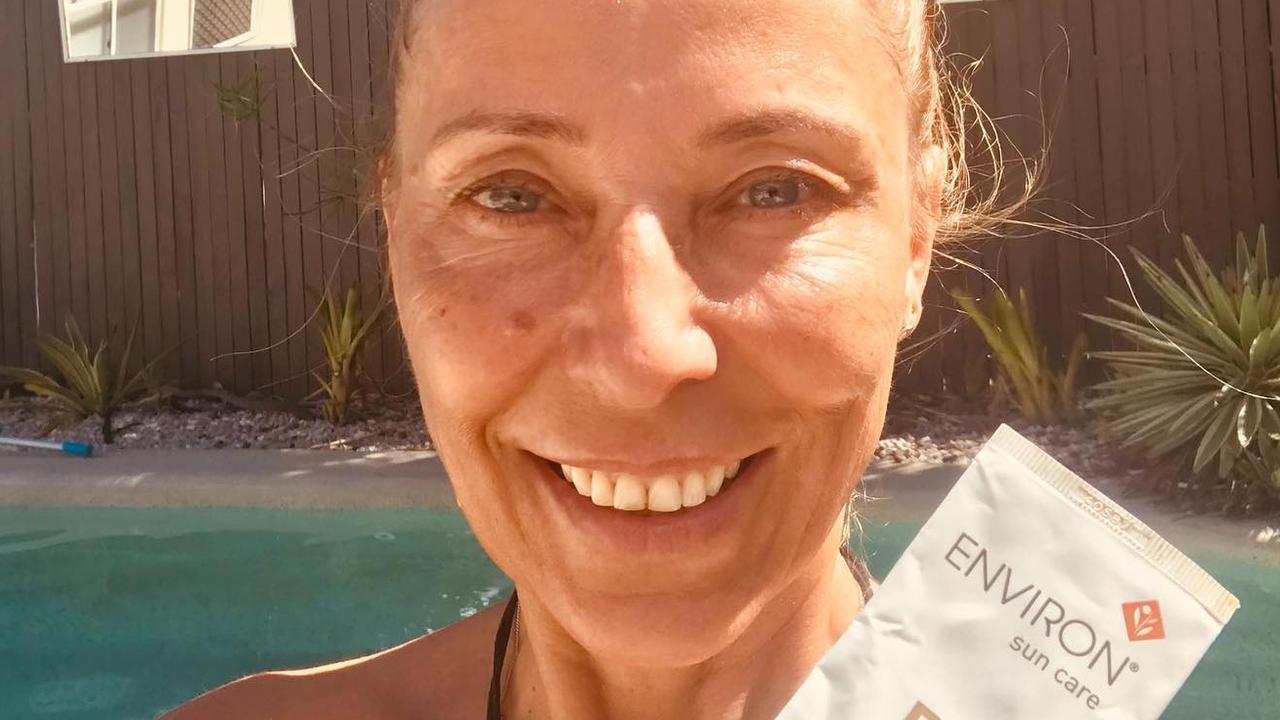
She said it’s not only people leaving the industry, but staff being pushed out of the area as the mass exodus of people from Melbourne and Sydney to areas like Coolum Beach where she is based, have made property unaffordable for locals.
“I’m hearing that story again and again. I’ve got clients living in caravans and leases have come up and rents have gone up and people are greedy and know they can cash in on the situation,” she said.
“It affects local people and it’s a very big demographic change on the Sunshine Coast, and in some ways it’s good for business as people have a bigger spend, but it means we are losing key workers and losing the local client base.”
‘Seen as being dirty’
Pete Keeffe, a gym owner in Brisbane, said the story on restaurants is only the “tip of iceberg” in terms of impacts on Aussies businesses.
He revealed he is getting “smashed financially”. Normally around 100 people per day come into his gym, but this month he has seen days where only 28 have attended.
“We have had so many people cancel their memberships – so far 19 this month alone. Many gyms are offering insane deals, just to get people in the door,” he said.
“We were always the first industry to be closed in lockdowns [and it’s] hard to do takeaway only. We are often seen as being dirty and unhealthy [with] too many people breathing heavy, despite our maniacal cleaning.”
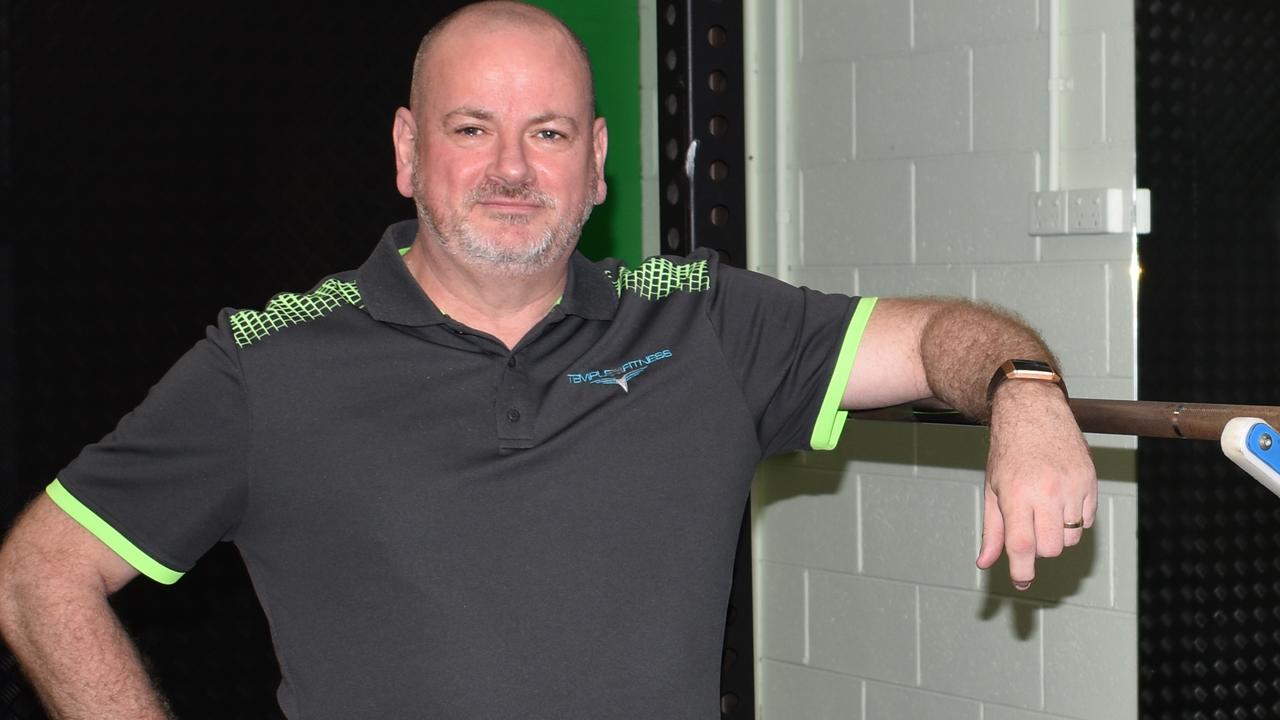
The Temple Fitness owner said its also been hard to meet “ridiculous” government standards too, with restrictions continually changing in terms of how many people are allowed into a space.
“As an independent gym, we are struggling. The larger franchise gyms do better. I’m lucky to have a good landlord as we owe so much just in rent. Being able to access my superannuation to remove debt would go a long way in helping,” he said.
“Like most small business owners, my business is my long-term super. When I purchased this gym in November 2019, there were about 20 gyms for sale in Queensland. Now there are about 40 for sale, just in Brisbane region.
“The costs associated for maintaining a gym have gone through the roof. I’m just waiting for the insurance costs to start rising. I have so many people here who undertake fitness purely for their mental health. The fitness industry often gets forgotten about, as we don’t have a governing body to fight for us. But the entire industry needs help.”
Concerns for casual workers
Catherine Giannitto, owner of Polestar Pilates on Sydney’s northern beaches, has also felt the impact of the Omicron surge.
She has “easily” seen a drop of 30 per cent in revenue and class size in the business she has owned for 20 years.
“Every day is there is schedule changes depending on who has Covid and who doesn’t,” she said.
“I’m on emails at night to see if clients have cancelled because of Covid and every second or third person is cancelling or teachers have Covid so they can’t come to work. It’s having a big impact, especially on teachers who are contractors or casuals and if they don’t work they don’t get paid as there is no government assistance.”
Service-based businesses in the Sydney CBD have “never really come back”, according to Sam Bosic who runs Barangaroo Physio, Orthopaedic and Sports Injury Clinic.
The businesses extended their Christmas closure due to lack of staff, but people also haven’t returned to the city.
“Barangaroo occupancy only got back to 30 per cent last year and we don’t benefit from visiting or weekend trade,” he said. “Mask-wearing indoors and capacity limits as well as work from home orders will continue to affect us ongoing.”
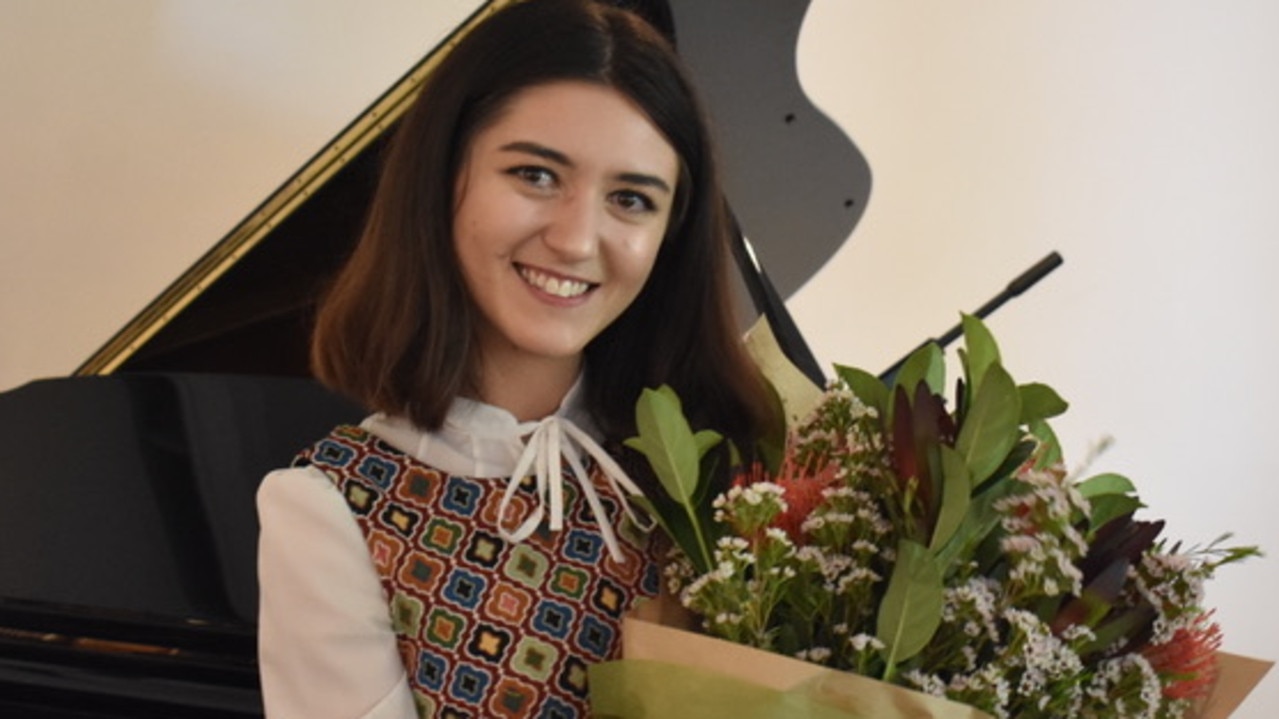
Business growth throughout the pandemic until now
For Kayla Caruso, who started her national mobile music school Music Lessons Academy back in 2019, she has seen the business grow despite the pandemic until now.
But the 24-year-old describes the current situation as “scary”.
“Omicron has come at a terrible time for us. January is typically a high-demand month for music lessons as parents and students get a head start on the school term,” she said.
“It has been an especially challenging time for business as we feel that consumer confidence has dropped with the uncertainty surrounding higher case numbers. For example, in January 2021 we held trial lessons for 115 new students. Compare that to January 2022 where we have only scheduled 35 trial lessons.”
She said this means at least a 50 per cent drop in revenue which she describes as “quite a big setback”.
The Sydney woman said she also can’t find staff with applicants dropping significantly from 59 in January last year to just six in 2022.
“It’s just so uncertain and I’m taking it day by day and not setting plans, not making goals and not moving forward,” she said.
“It’s hard to start something new and get something moving when you don’t know what’s going to hit you around the corner.”.
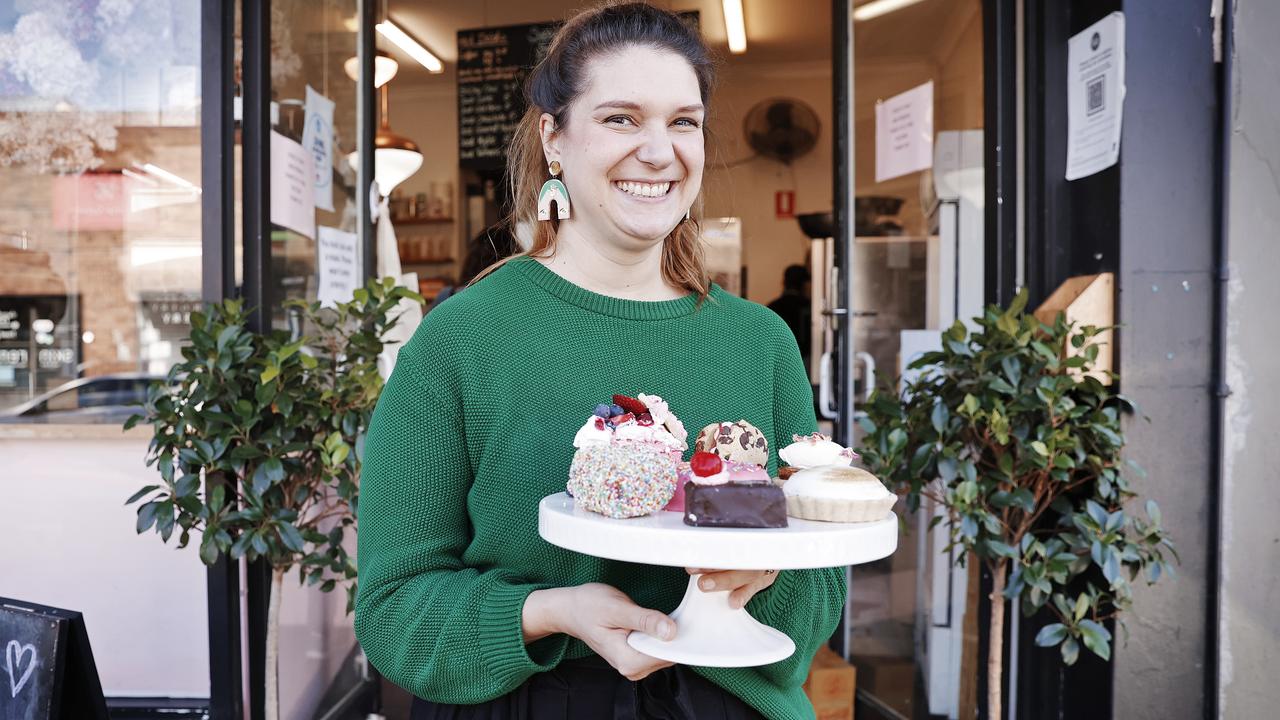
Infected staff returning fatigued
Even those hospitality business that made lockdowns a success have struggled, such as Sydney bakery Nutie Donuts.
Co-founder Sina Klug said the Omicron wave had hit a lot harder than the lockdowns did, with numbers 50 per cent down compared to those times.
“Whilst the past two years allowed us to adapt to restrictions, offer delivers and be creative with our offering, we are currently incredibly limited with 15 out of 22 staff members having contracted Covid in the past three weeks,” she said.
“Customers are too scared to even get takeaways out of the risk of getting infected and many have voiced financial issues and insecurities as a reason they are unable to eat out or get takeaways.
“Staff that were able to return to work have in many cases long-term issues with headaches and fatigue so our productivity is also heavily impacted. More than half our team members have suffered severe symptoms and were at home for more than two weeks.”
To add to the stress, Ms Klug said everything from coffee beans to chocolate and nuts have gone up in price by 30 per cent over the past year.
Problem with forgetting online
Business coach and digital expert Kelly Slessor said the biggest issues she is seeing is staff shortages.
More Coverage
“It just means they can’t operate at capacity and they are just basically struggling to find people to cover shifts and some are temporarily closing,” she said.
“I had a retailer who had put up on Google they were temporarily closed as they had no staff to run the physical store. But they were still open online – but traffic dropped by 38 per cent and people weren’t looking at them, as even though the website was open, people thought the entire business was closed.”
She said another problem is owners not being set up to deal with staff shortages via online channels, including offering click and collect rather than physically opening a store.






